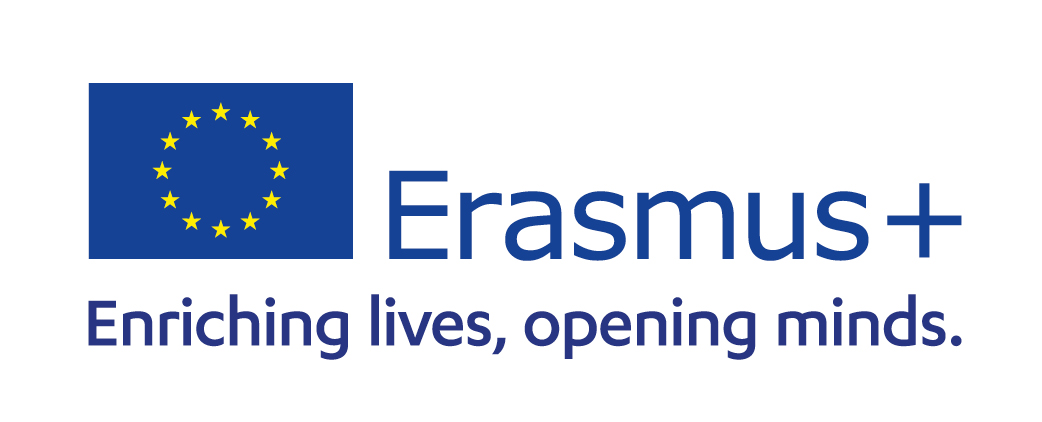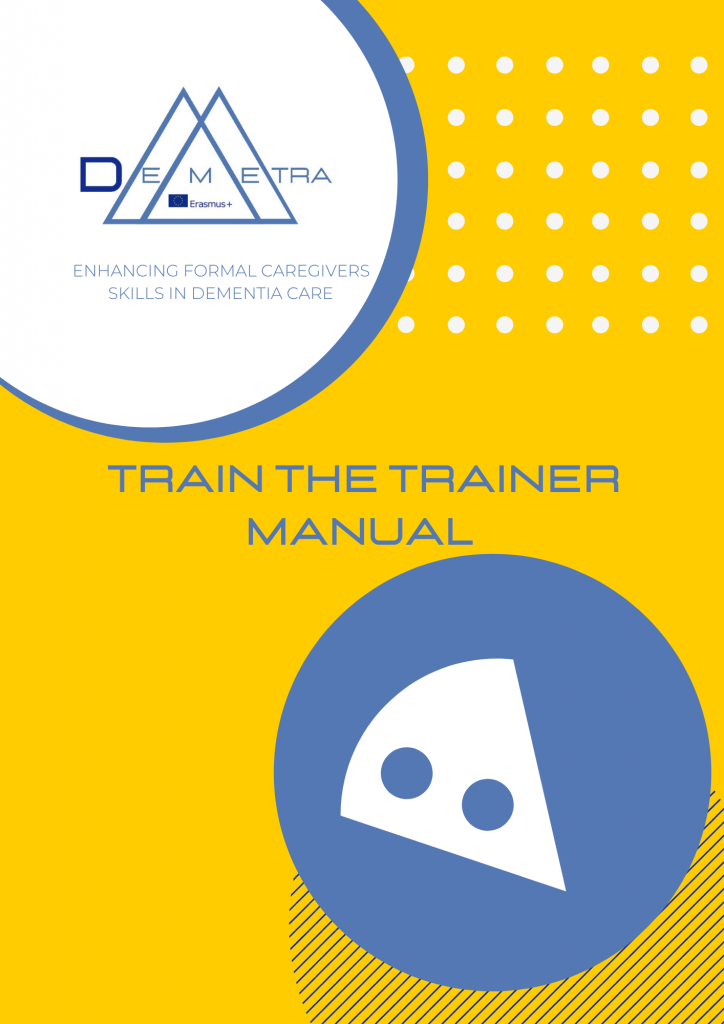

Erasmus+, KA2

In dementia care context it has been noticed that formal care givers have needs for a scaffolding function in following areas: training on communication with demented; training on how to relieve from stress; developing emotional and relational competences in front of elderly and their decline, even in normal ageing. Previous studies suggested that positive psychology training aimed at improving the psychological well-being and emotional skills of caregivers; formal caregivers can have beneficial effects form such training in terms of relationship with elderly and demented people. This background supports the urgent need to map and understand the situation of the caregivers and to give them the needed skills to support their work with the people affected by dementia.
The Demetra project aims at enhancing formal caregivers ability in emotional regulation by positive psychology and mindfulness based training.
Main objectives of the project are:
The project plan foresees four coordination meetings and 3 learning and teaching training activities in the participating countries.
The project lenght, due to COVID outbreak at the beginning of 2020, has been extented on one year (September 2021).
Exchange of practices for formal caregivers working with people with dementia and the train the trainer course will create a powerful learning experience leading to positive effects on several stakeholders such as professional and formal caregivers, decision makers and people with dementia.
1- Participants and target groups
The project will see the direct participation of target groups during the different phases of development and implementation. The impacts on them will contribute to increase the quality of social services provided to elderly people with dementia and their families.
2- For participating organisations, they will increase the European dimension of the activities. The practices exchanged, are expected to create new follow-up proposals/initiatives that will further deepen their competences in this field.
3- The project partners will carry out an intense networking activity from the implementation phase to engage stakeholders. They will be supported by the exchange of practices and the results of the transnational training developed in the project for improving the quality of their services.
The Demetra project, after some changes in the implementation phase due to the Covid pandemic reached its end in October 2021. The final meeting that took place in Parma hosted by ASP Parma represented the opportunity to present the Demetra training manual, the feedback of the caregivers who attended the training course in Belgium, Italy, Austria, Germany and Poland and to discuss about the impact of the project on the partnering organisations and the possible project follow-ups.
The training is developed in 7 different steps, which together complement each other with the aim of providing a wealth of resources applicable daily in the life and care of people with dementia.
The themes developed include:
All these issues were also developed through exercises and group discussions, with the aim of contributing together to further enrich the wealth of resources that we would like to implement.
The training of caregivers in the different countries counted on the participation of around 250 participants and the impact of the training has evaluated very effective and innovative thanks to the international perspective in which it has been developed and implemented.


Vårt mål är att öka samarbetet mellan medlemmarna i nätverket, mellan Italien och Sverige och, mer allmänt, mellan norra och södra Europa inom Europeiska Unionen.
Stradone Martiri della Libertà, 15 – 43123 Parma (PR) – Italy | C.F.: 91251370374
Tel: +39 0521686023 – Fax: +39 0521686023 – Website: www.sern.eu – Email: secretariat@sern.eu – PEC: secretariat@pec.sern.eu
© 2021 | All rights reserved